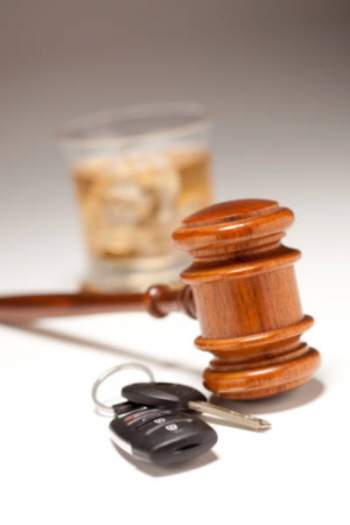
Voluntary Intoxication Overview

Criminal law requires that both actus reus mens rea be present in order for an individual to be held criminally liable for a crime. Therefore, an individual who is responsible for an illegal act that has resulted in harm or damage must not only have taken part in the detrimental activity but must also have had the intent to partake in this behavior.
Many defense attorneys attempt to employ a criminal defense that will prove that the defendant did not possess the mens rea, or criminal intent, at the time of the crime. There are various different ways that a lawyer may do this.
A criminal defense attorney may claim that the injury or the harm that occurred was accidental and that their client had no intention to cause any damage. In some cases, it is apparent that the crime was intentional, so the criminal defense attorney may adopt a new strategy to discredit the mens rea and they may try to utilize the automatism defense, or perhaps the intoxication defense.
In general, criminal law and judicial authorities do not recognize intoxication as an adequate defense for criminal behavior. It is true that the consumption of alcohol is responsible for decreased inhibitions. When individuals are under the influence of drugs or alcohol they are much more likely to take part in activities in which they would not normally partake.
It is very common for intoxicated people to act on impulses and they often fail to consider the consequences of their actions. The chance that an individual will suffer from domestic violence increases a great deal when their partner consumes drugs or alcohol. It is also possible for an individual to consume so much alcohol that they are virtually unaware of the activities that they are participating in and they do not remember their behavior the following day.
Despite this, intoxication is not recognized as an acceptable criminal defense under most divisions of criminal law. The consumption of drugs or alcohol does not justify partaking in illegal activities, especially if the illegal act resulted in damage or injury to another person. However, utilizing intoxication as a criminal defense may nullify certain specific intent crimes.
Under criminal law, a specific intent crime requires the offender to have acted knowingly and to also have behaved with a certain purpose or intent. It is possible for a perpetrator to knowingly take part in illegal activities without any specific purpose. These crimes are known as general intent crimes.
Battery with the purpose of killing the victim is one example of a crime with specific intent. An intoxicated individual may take part in battery, but the court may find that due to the defendant's severe intoxication, the intent to kill the victim was nullified. Therefore, the defendant will only be charged with battery.
Murder is another example of a crime that has a specific intent. An intoxicated individual who is responsible for murder may be charged with manslaughter because the specific intent was deficient. When an individual voluntarily becomes so intoxicated that they have no understanding of the severity of their actions, they are acting negligently and carelessly.
While criminal law generally does not recognize intoxication as an acceptable defense to justify a crime, if a defendant can prove that they were intoxicated at the time of the crime they may be considered less culpable and receive a lighter sentence
NEXT: What is Public Intoxication?





















